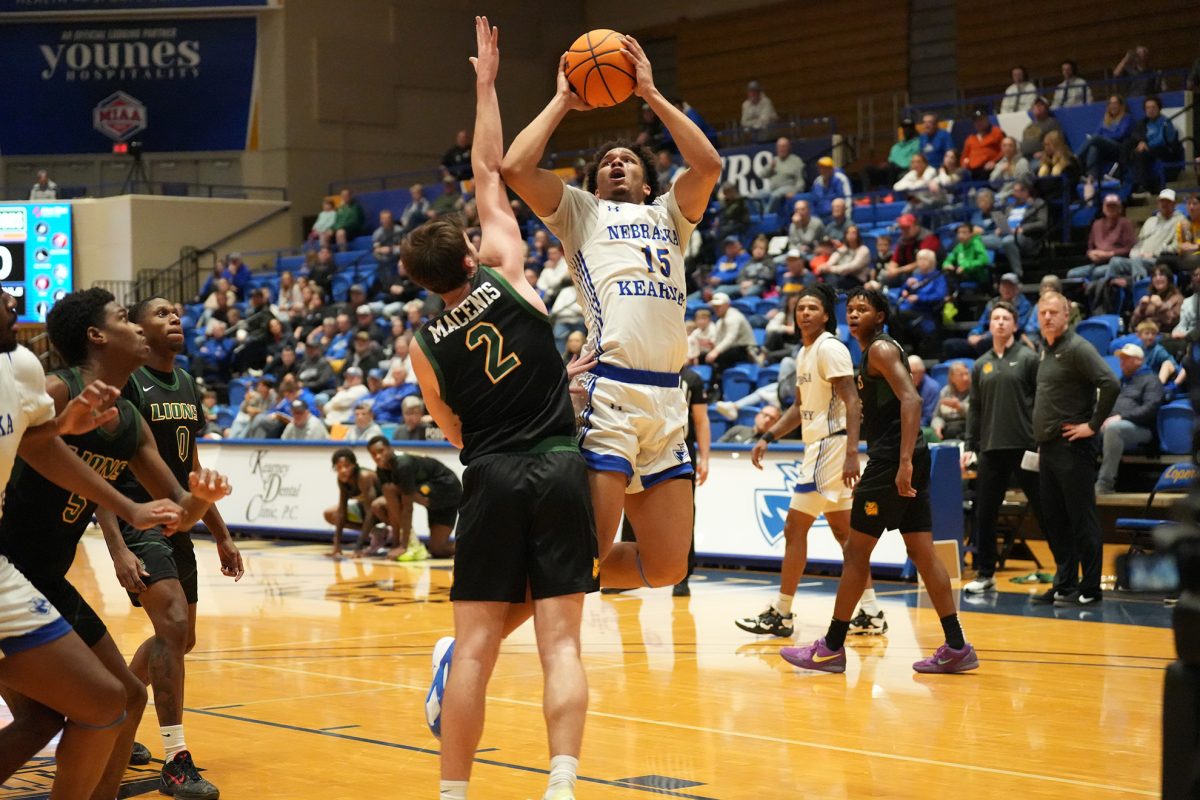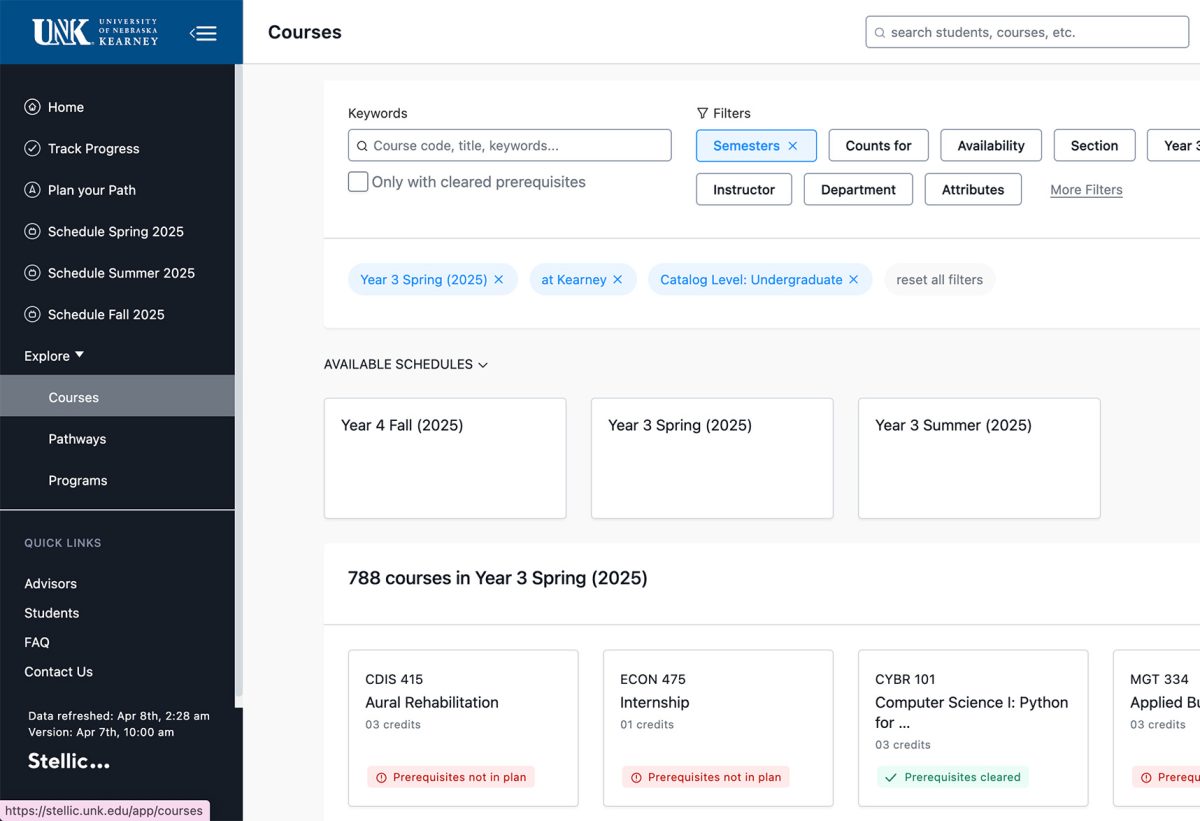With the recent drama in the world of high school journalism as Westside Community Schools’ superintendent used a school board policy to review his students’ paper, many eyes have turned to the relationship between the First Amendment and student media.
While many question the legality of administrative review, the unfortunate truth for high school journalists is that the law is not on their side.
The Supreme Court has ruled that school administrators are within their rights to censor content that might disrupt a school’s primary function of educating students; more restrictive administrations tend to interpret ‘disruption’ broadly, effectively resulting in editorial control for administrators wanting to promote or silence a particular message.
Not all administrators treat their high school paper like a cuter, less burnt out public relations team. But in the cases where this is true, it can lead to immense frustration for the young writers and journalists trying to express themselves in student media.
Such is life for student journalists at Westside and for many students across the state. A bill introduced to the legislature in January now looks to clarify student media rights and restrictions.
Legilsative Bill 88, proposed by Senator Adam Morfeld of the Nebraska unicameral, would cement in codified law already established legal precedent that guides the student media landscape.
As it stands, collegiate journalists enjoy greater protections than our high school counterparts because the Court went out of its way to differentiate between post-secondary journalists and high school journalists when it ruled against high school journalists in Hazelwood v. Kulhmeier.
This bill would codify the precdent protecting collegiate journalism by protecting student media writers and advisers from being reprimanded by state funded universities, colleges and community colleges for publications that do not otherwise break the law. The bill also seeks to extend this protection to high school journalists, a component that has been absent in past attempts to protect student media.
This bill would aid significantly in eliminating legal questions and general unease in school-sponsored student media outlets across the state, but the bil also expressly states that it does not extend protections to speech that “departs from prevailing journalistic ethical standards;” however, the bill fails to provide a definition or clarification for what standards it refers to, leaving a potential hole in the protections that could allow administrations to abuse lists of ideals and journalistic codes like the Society of Professional Journalists’ Code of Ethics to punish student media.
An education in journalism for young journalists is critical for a world that decries bad journalism. By protecting the First Amendment rights of student media, Nebraska can ensure that our state’s news remains based in truth, integrity and community service.






























